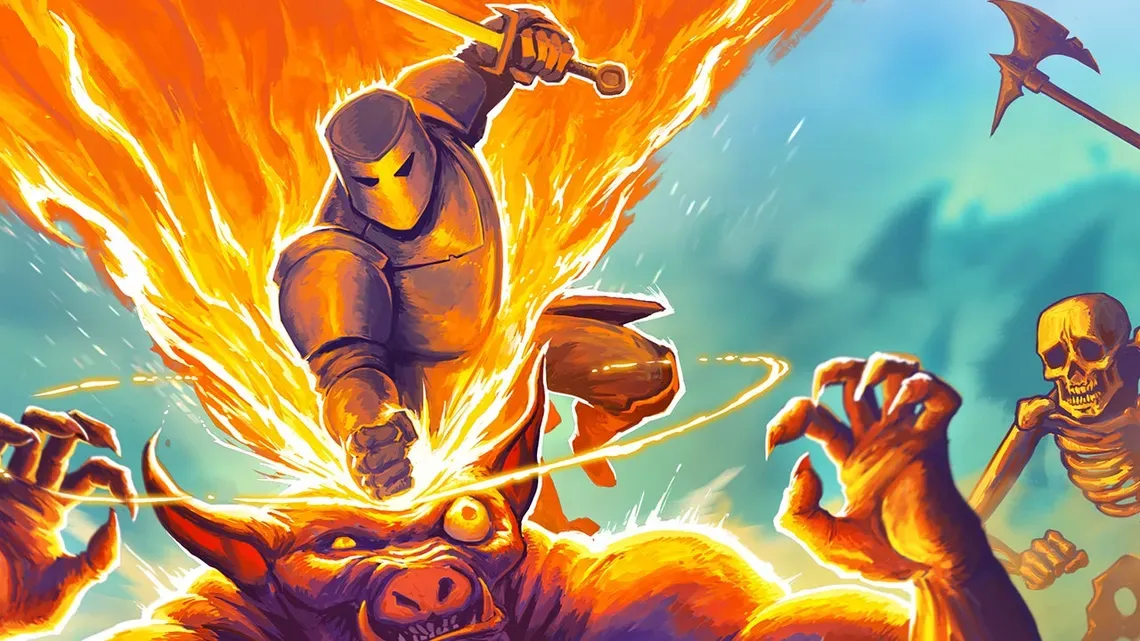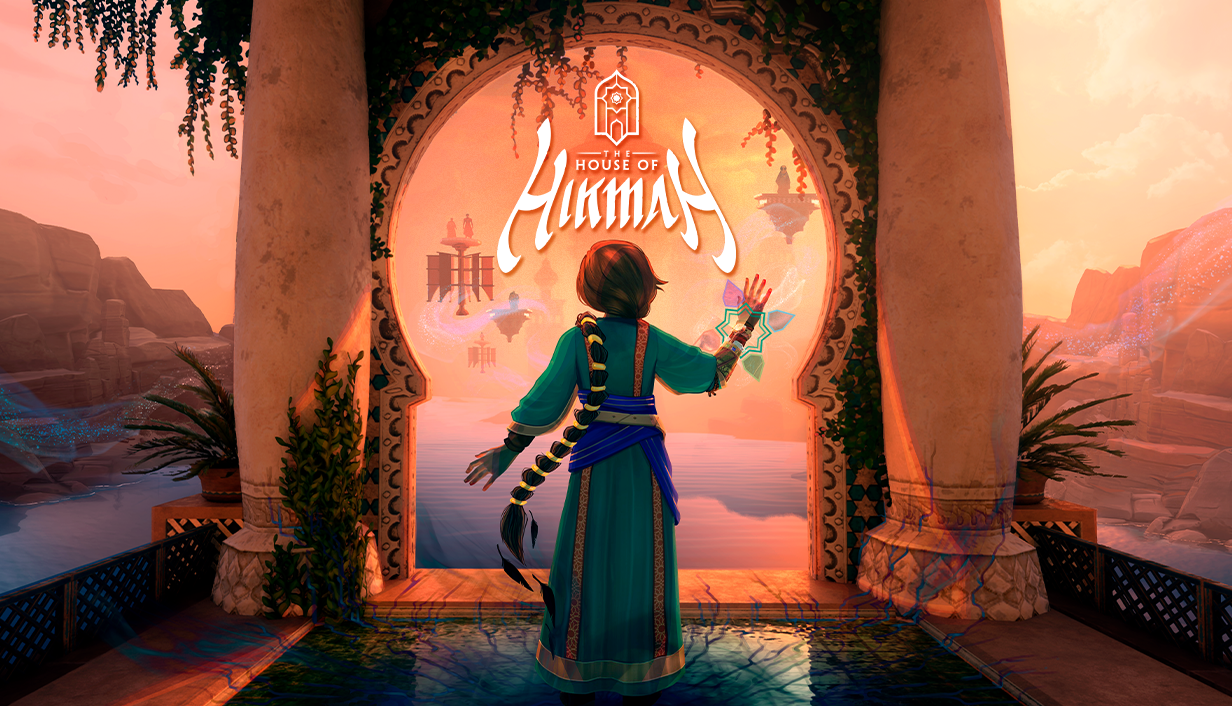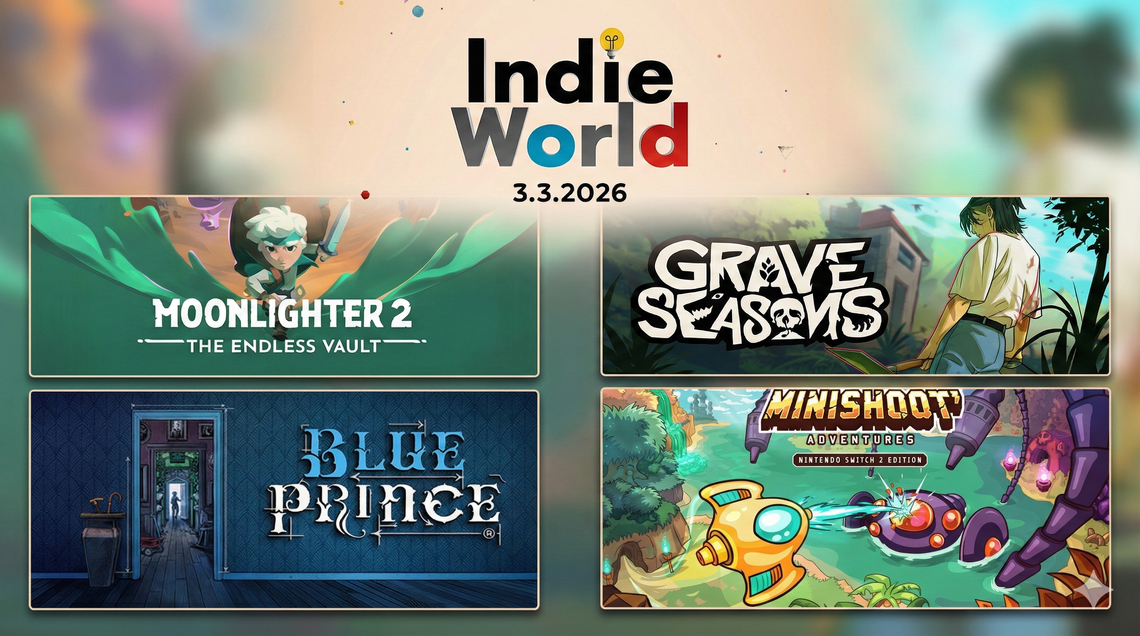The Game Awards usually trend because fans argue over who got robbed. This time, an indie dev looked at their own nomination and basically said: “we shouldn’t be here.”
Solo creator Vedinad, the developer behind roguelike Megabonk, has publicly asked The Game Awards to withdraw the game from the Best Debut Indie Game category, saying it doesn’t actually qualify under the show’s own rules.
It’s a rare case of someone walking away from a big stage on principle. And it exposes how messy “debut” and “indie” labels have become in 2025.
- Solo developer Vedinad has asked The Game Awards to pull Megabonk from Best Debut Indie Game because it's not their first game
- Megabonk is a Vampire Survivors-style rougelike, made largely by one person, and was nominated in the debut indie category
- The dev says they have released other games under different studio names, so the nomination breaks the category's "first game" rule
What actually happened with Megabonk
Megabonk was nominated for Best Debut Indie Game at The Game Awards 2025. On paper, that’s a huge win for a one-person project. In practice, the dev decided it wasn’t right.
- Megabonk is described as a Vampire Survivors-style roguelike, with short “runs” and swarms of enemies.
- It’s made by Vedinad, a solo developer.
- The game landed a spot in the Best Debut Indie Game category for 2025.
- Vedinad then posted on social media saying they’ve shipped games before under other studio names.
- Because of that, they asked The Game Awards to withdraw Megabonk from the debut category.
In their post, Vedinad called the nomination an honour and “a dream” for Megabonk, but followed it up by saying they don’t think it qualifies as a debut indie game. They explained that they’ve made games in the past under different studio labels, so Megabonk is not their first release.
That’s the key point: the issue isn’t the game’s quality. It’s a developer publicly saying, “your category rules say X, my career history says not-X, so this feels wrong.” For a solo dev to give that up voluntarily is a strong signal about how seriously they take fairness and how blurry “debut” has become.
The debut indie rules – and why this is awkward
On its official site, The Game Awards describes Best Debut Indie Game as recognising an independent studio that produced and shipped its first game in 2025.
- The rule is studio-focused, not purely about the individual dev.
- Megabonk’s creator says they’ve shipped games before under other studio names.
- That raises questions: do rebrands, pen names, or previous teams “reset” your debut status?
- Right now, that nuance doesn’t seem to be handled clearly in public.
The tension is simple: The Game Awards is looking at Megabonk as the first game from the current indie label. Vedinad is looking at their actual career history and saying, “this isn’t my first rodeo.”
Plenty of devs move between studios, change names, or reboot their brands. Some work as contractors for years before releasing something under a new studio banner. The way the rule is written sounds tidy; modern game development absolutely isn’t.
By calling out the mismatch themselves, Vedinad has basically handed The Game Awards a live test case: how do you apply a neat “first game” rule to messy real-world careers?
A self-disqualification that matters more than a trophy
Most award controversies involve people fighting to stay on the ballot. Here we’ve got the opposite: a small creator saying, “take us out.” That alone changes the tone.
- It makes the dev look transparent and grounded.
- It throws the spotlight back on how categories are checked.
- It shows how loaded labels like “indie” and “debut” have become.
- It suggests some studios may be quietly benefiting from fuzzy rules.
For players, this probably won’t change how Megabonk plays at all. It’s still a fast, run-based roguelike in the Vampire Survivors mould, where you kite around hordes and stack upgrades.
But in awards land, it sets a precedent. If a solo developer can look at a major nomination and go “this doesn’t feel right”, that puts soft pressure on bigger studios and publishers to be more honest about where they fit. It’s hard to cry foul about category creep when one of the smallest teams on the card is voluntarily stepping aside.
It also feeds into a bigger conversation we’ve been seeing all year: who gets to claim the “indie” badge when budgets, marketing and platform deals vary wildly?
The 2025 Game Awards field is stacked already
Zoom out, and this story lands in a very busy year for The Game Awards. The indie drama is happening while the main categories are packed with heavy hitters.
Clair Obscur: Expedition 33 leads the 2025 nominations with 12 nods, the most in the show’s history.
- Game of the Year is a mix of prestige and fan favourites, including Clair Obscur, Death Stranding 2, Donkey Kong Bananza, Hades II, Hollow Knight: Silksong, and Kingdom Come: Deliverance II.
- Sony Interactive Entertainment sits on 19 nominations, with Kepler Interactive on 13.
If you want the bigger picture of who’s leading, we’ve already broken it down in our full
In that context, Megabonk’s self-withdrawal won’t change who takes home the big trophies. But it does nudge the spotlight towards the smaller categories, the ones meant to champion new voices. When the headline numbers are dominated by Sony, Kepler and a handful of prestige studios, those indie slots are where fresh talent is supposed to get oxygen.
So when one of those scarce “debut” slots is filled by a game that arguably doesn’t qualify, and the dev has to flag it themselves, it makes the category feel less carefully curated than the main show.
Why did Megabonk withdraw from The Game Awards 2025?
Solo developer Vedinad publicly asked The Game Awards to remove Megabonk from the Best Debut Indie Game category, saying they’ve released games before under other studio names, so Megabonk is not a true debut title.
Who is Vedinad and what kind of game is Megabonk?
Vedinad is a solo indie developer. Their game Megabonk is described as a Vampire Survivors-style roguelike, where you survive waves of enemies, earn upgrades and repeat short, intense runs.
What are the rules for Best Debut Indie Game at The Game Awards?
The Game Awards says the Best Debut Indie Game category is for “recognizing an independent studio that produced and shipped its first game in 2025.” That wording focuses on a studio’s first shipped game, which is why prior releases under other names matter here.
Subscribe to our newsletter to get the latest updates and news















Member discussion